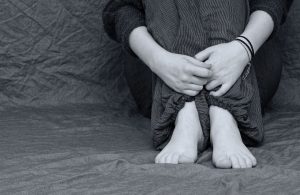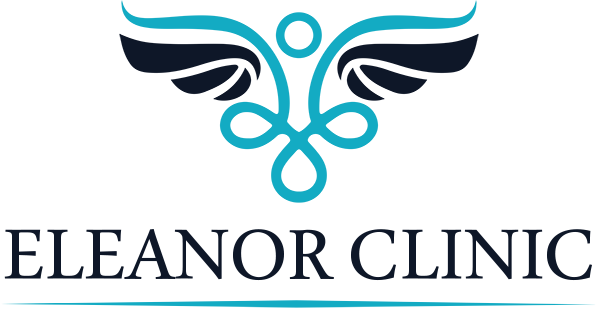Emotional Abuse
By Cara McMahon
Often when we think of domestic/family violence we think of physical abuse, but it is the emotional and psychological abuse that can be a lot more damaging and can go unrecognised for a long time. Constant criticism, put downs, being humiliated, feeling nothing you do is good enough or being blamed for everything that doesn’t go well, are common forms of emotional abuse. It can also extend to controlling behaviour and/or isolating you from family and friend, it often starts subtly when your partner expresses how he doesn’t want you to go out as he wants to spend time with you, or regular calls to you at home or work to see how you are, but then questioning when you are not where he thought you should be.

As we start out in a relationship we establish patterns of behaviour and often compromise with a partner to make the relationship work, but it is important to be mindful of the patterns of behaviours that we accept as they can quickly become the ‘norm’. It is only after years that you may realise that you are not comfortable with how you are being treated in the relationship. As there are no obvious scars (unlike physical abuse) you find yourself questioning behaviours but not being sure if they are real or not. Without wanting to ask others what they think, as often abusers are also ‘charmers’, you only have yourself to rationalise it/work it through. Depending on the extent of the emotional abuse, the impact on one’s sense of self (self-esteem and self- confidence) can be very negative. If you are constantly being given the message that you are not good enough, you can start to believe it, so your judgement how on you are being treated can become distorted.
As well as having a negative impact on your self-esteem and confidence, emotional abuse can leave you feeling depressed and anxious. If you feel this way or recognise some of these behaviours and would like to talk to someone or get support to cope with it, you can contact:
Women’s Health West: 03 9689 9588
Safe Steps Family Violence Response Centre: 1800 015 188 If you are in immediate danger call the police on: 000 Speak to your GP or counsellor, to get more support for yourself and your family.Cara McMahon is a counsellor with extensive experience working with clients affected by trauma, emotional abuse and family violence. You can book an appointment to see Cara by ringing Eleanor Clinic on: (03) 9318 4666


